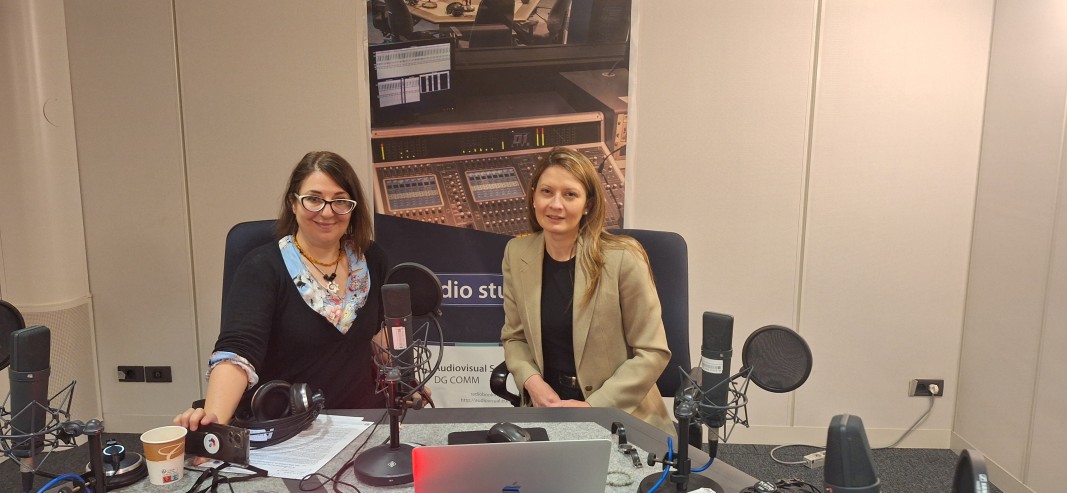
English publication: Rositsa Petkova
Yet another disaster, yet another series of analyses and post-hoc actions by the relevant institutions. The devastating flood that hit the resort village of Elenite a week ago, claiming four lives, has led the state to realise that the flooded..
“ The result of the changes in the services is the crushing of inconvenient opponents, ever more aggressive political repression, and the ever more brazen plunder of public resources and private business – about which we will be learning less and less,”..
The election for parliament in the Republic of Moldova on 28 September, 2025 ended in a landslide victory for the ruling Party of Action and Solidarity (PAS). The result was seen by many as a validation of the country’s pro-European policy against the..
EU roaming fees to be eliminated for Albania and Montenegro Roaming charges between Albania and the EU will be completely..
Bulgaria’s Parliament failed to hold a session for the third consecutive day due to a lack of quorum. As a result, the scheduled parliamentary control,..

+359 2 9336 661
